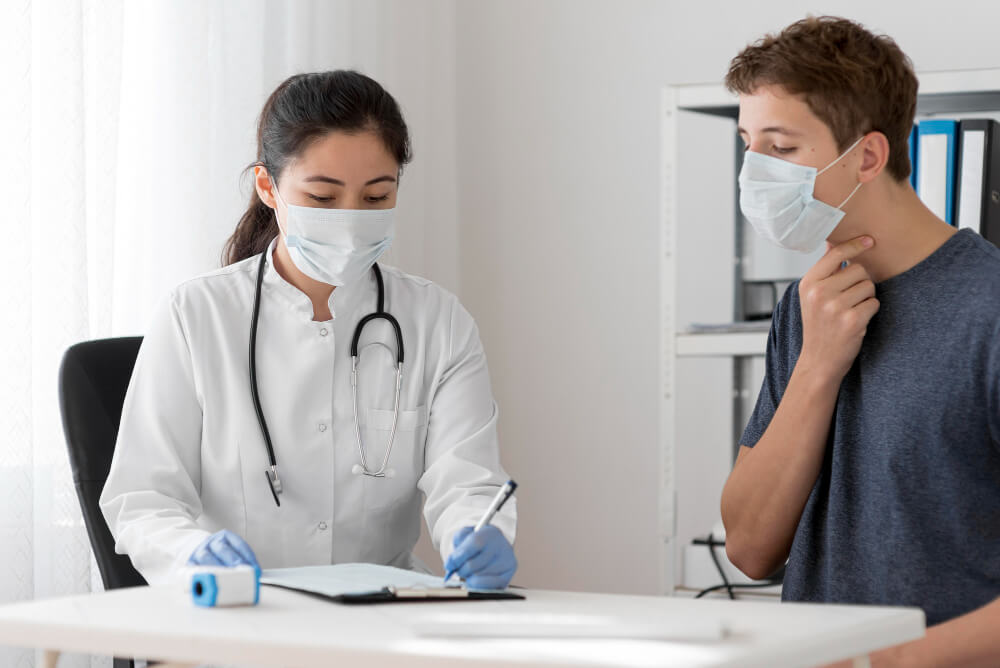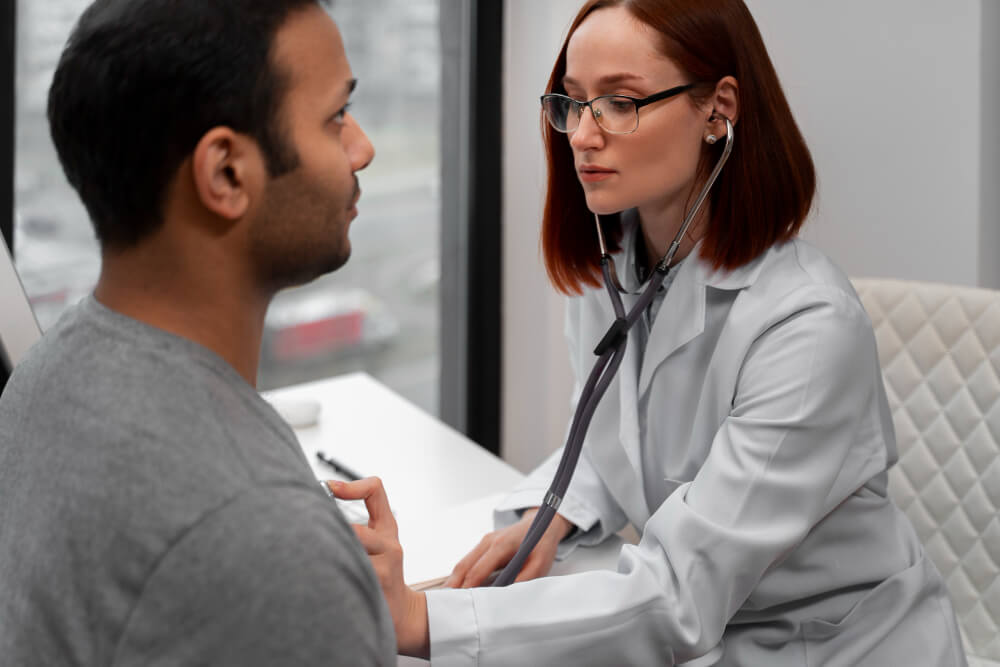Primary Care Physician: Your First Line of Defense in Emergencies
Primary care physicians (PCPs) are the first point of contact for many individuals seeking medical care, including during emergencies. While they may not be equipped to handle life-threatening emergencies, they are well-prepared to assess, diagnose, and initiate treatment for a wide range of urgent medical conditions.

Common Emergencies Handled by Primary Care Physicians
PCPs are trained to handle various medical emergencies, including:
Acute Illnesses
- Respiratory Infections: Conditions like pneumonia, bronchitis, and severe asthma attacks.
- Gastrointestinal Issues: Severe diarrhea, vomiting, or abdominal pain.
- Urinary Tract Infections: Painful urination, frequent urination, or blood in the urine.
- Allergic Reactions: Severe allergic reactions, such as anaphylaxis.
Minor Injuries
- Cuts and Lacerations: Minor cuts, scrapes, and puncture wounds.
- Sprains and Strains: Injuries to muscles and ligaments.
- Minor Burns: Burns that do not require specialized burn care.
- Foreign Body Removal: Removal of foreign objects from the eyes, nose, or ears.
When to Seek Immediate Medical Attention
It’s important to seek immediate medical attention for any serious or life-threatening conditions. Some signs that may indicate the need for emergency care include:
- Severe Chest Pain: Chest pain, especially if accompanied by shortness of breath, sweating, or nausea.
- Sudden, Severe Headache: A sudden, severe headache, particularly if accompanied by other symptoms like neck stiffness, confusion, or vision changes.
- Difficulty Breathing: Shortness of breath, wheezing, or rapid breathing.
- Severe Abdominal Pain: Severe abdominal pain, especially if accompanied by vomiting, fever, or bloody stools.
- Severe Allergic Reaction: Difficulty breathing, swelling of the face or throat, or a rapid heartbeat.
- Signs of Stroke: Sudden weakness or numbness in the face, arm, or leg, especially on one side of the body; sudden confusion, trouble speaking, or understanding; sudden trouble seeing in one or both eyes; sudden trouble 1 walking, dizziness, loss of balance, or coordination.
- Signs of Heart Attack: Chest pain or discomfort, shortness of breath, nausea, lightheadedness, or cold sweat.
The Role of a Primary Care Physician in Emergency Care

Primary care physicians play a crucial role in emergency care by:
Triage and Assessment
- Rapid Assessment: Quickly assessing the severity of the patient’s condition.
- Stabilization: Providing immediate care to stabilize the patient’s condition.
Diagnosis and Treatment
- Medical History: Gathering information about the patient’s medical history and current symptoms.
- Physical Examination: Conducting a thorough physical examination to identify the underlying cause of the problem.
- Laboratory Tests: Ordering blood tests or other diagnostic tests to confirm the diagnosis.
- Treatment Plan: Developing a treatment plan, which may include medication, lifestyle modifications, or referral to a specialist.
Patient Education and Follow-up
- Explaining the Diagnosis and Treatment Plan: Clearly communicating the diagnosis and treatment plan to the patient.
- Providing Aftercare Instructions: Instructing the patient on how to manage their condition at home.
- Scheduling Follow-up Appointments: Scheduling follow-up appointments to monitor the patient’s progress and address any concerns.
Preparing for Emergencies
Being prepared for emergencies can help you respond quickly and effectively. Here are some tips:
- Know Your Limits: Understand your limitations and when to seek professional medical help.
- Have a First-Aid Kit: Keep a well-stocked first-aid kit at home and in your car.
- Learn CPR and First Aid: Taking a CPR and first aid course can equip you with the skills to handle emergencies.
- Emergency Contacts: Keep a list of emergency contacts, including your doctor’s phone number and the number of your local emergency services.
- Emergency Plan: Develop a family emergency plan and practice it regularly.
Conclusion
While Primary care physicians are not equipped to handle all types of emergencies, they play a vital role in providing immediate care for a wide range of urgent medical conditions. By seeking timely medical attention and following your healthcare provider’s advice, you can improve your chances of a speedy recovery.
Contact our Primary care physician for emergency care facilities (432) 322-8675 Or visit us https://sccodessa.com/
